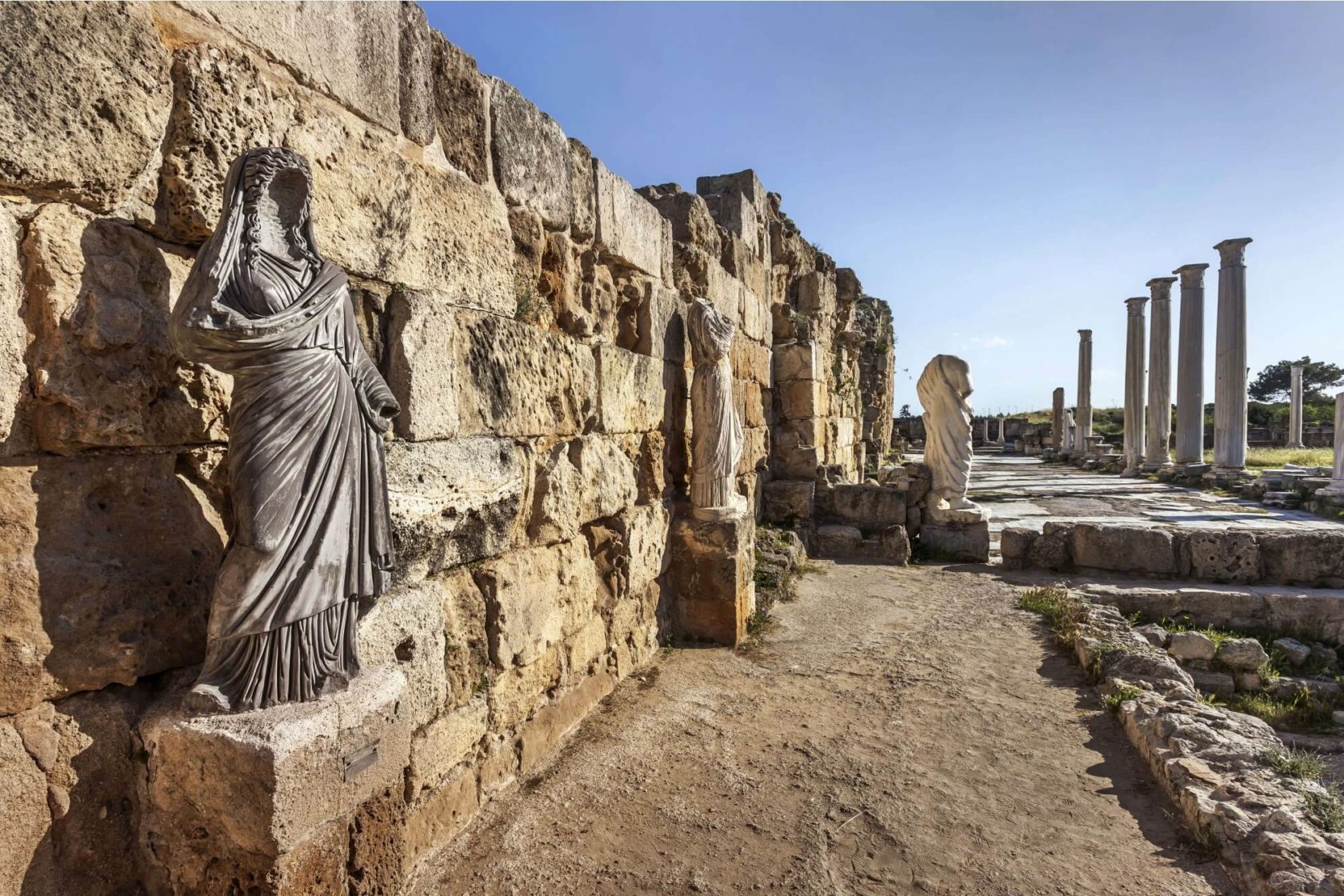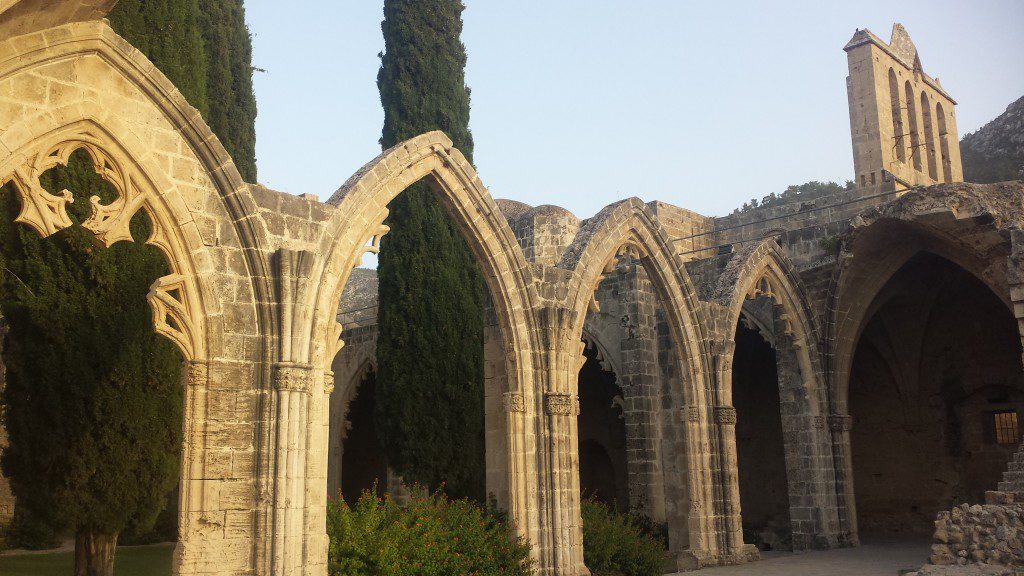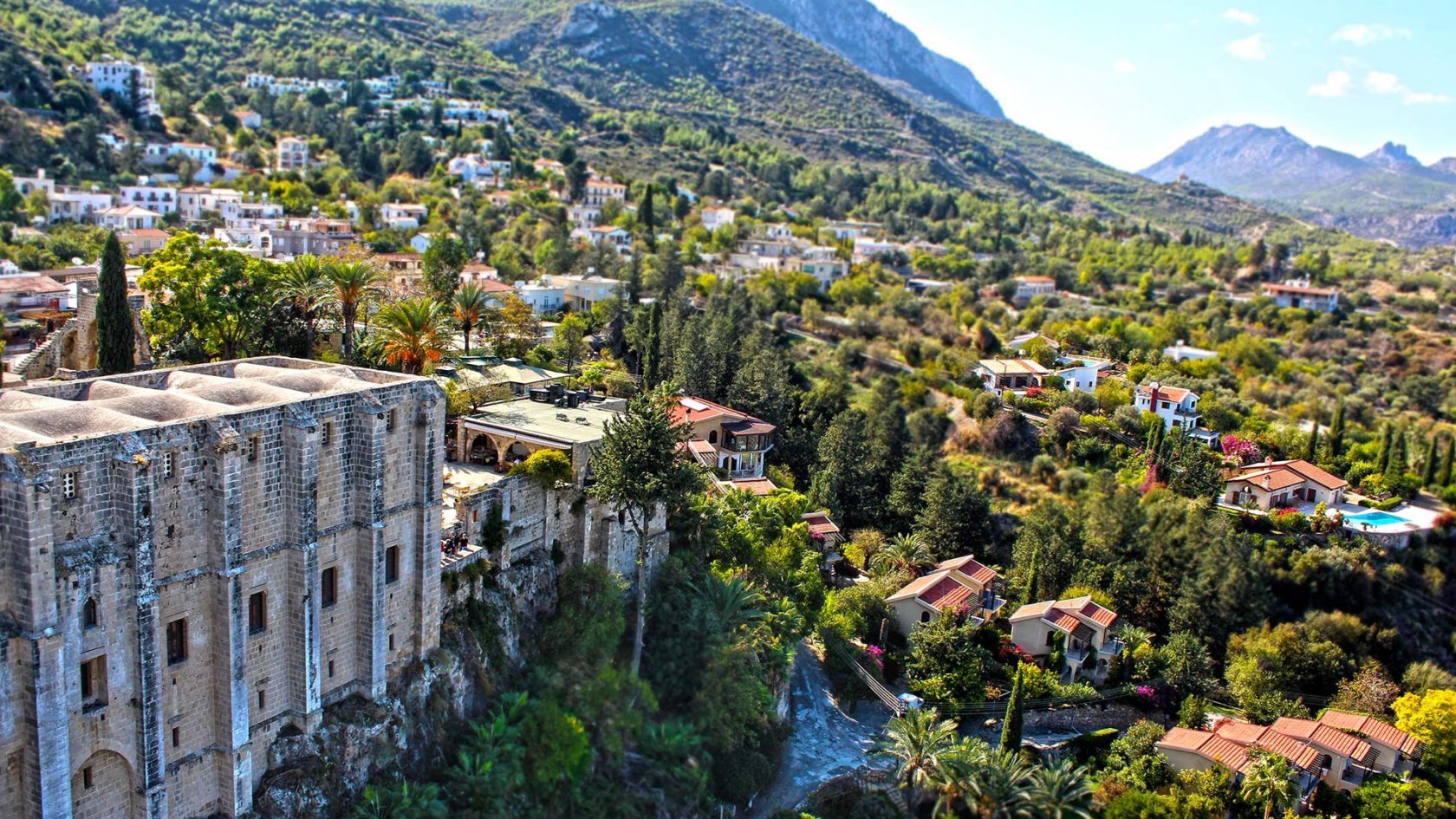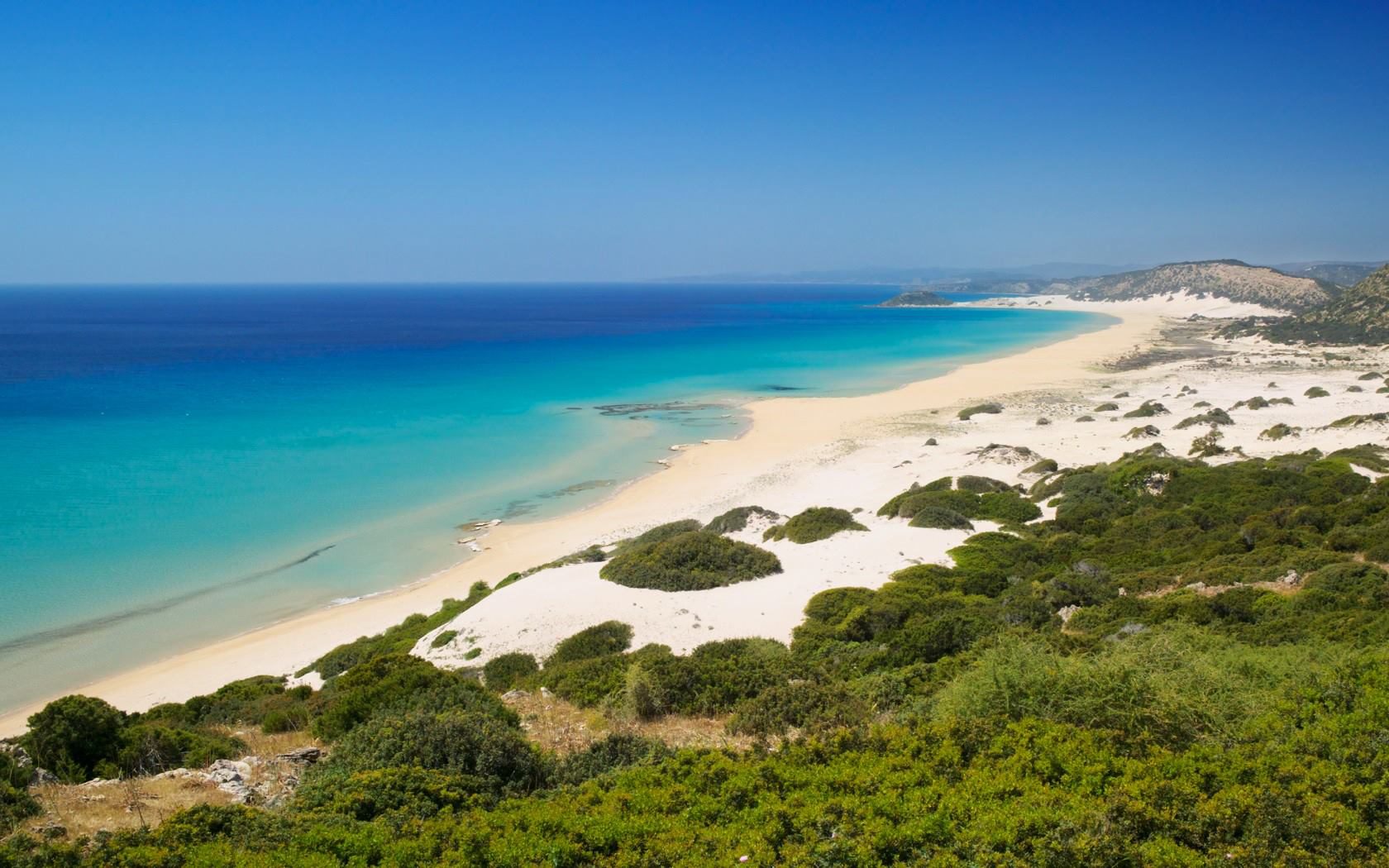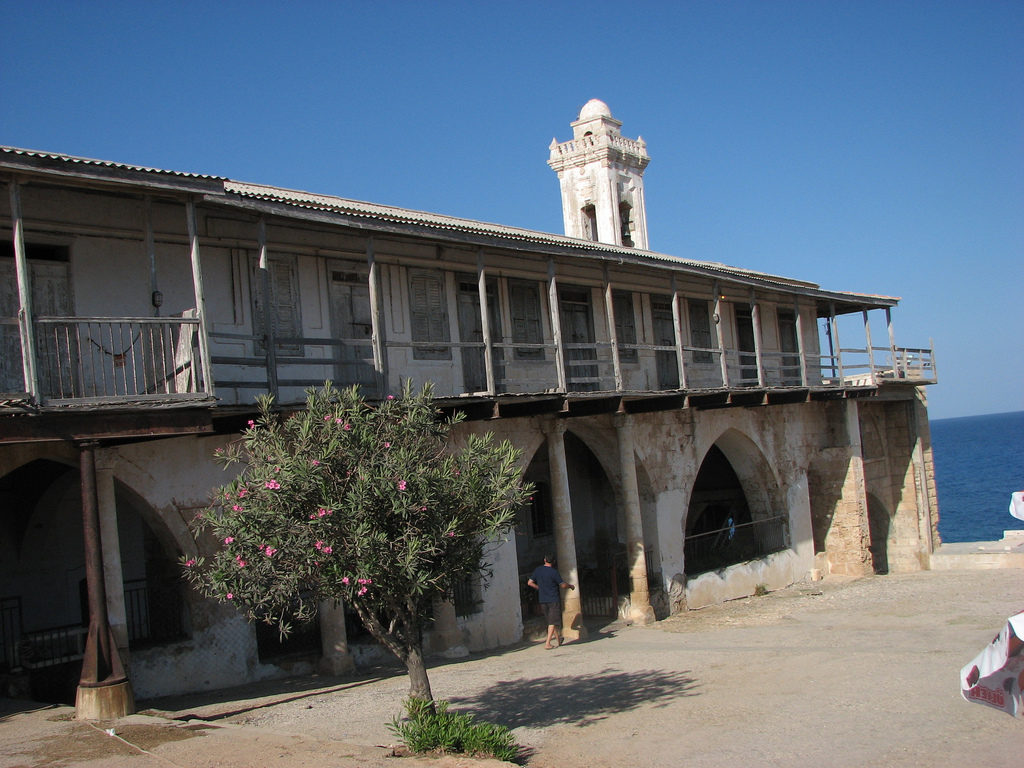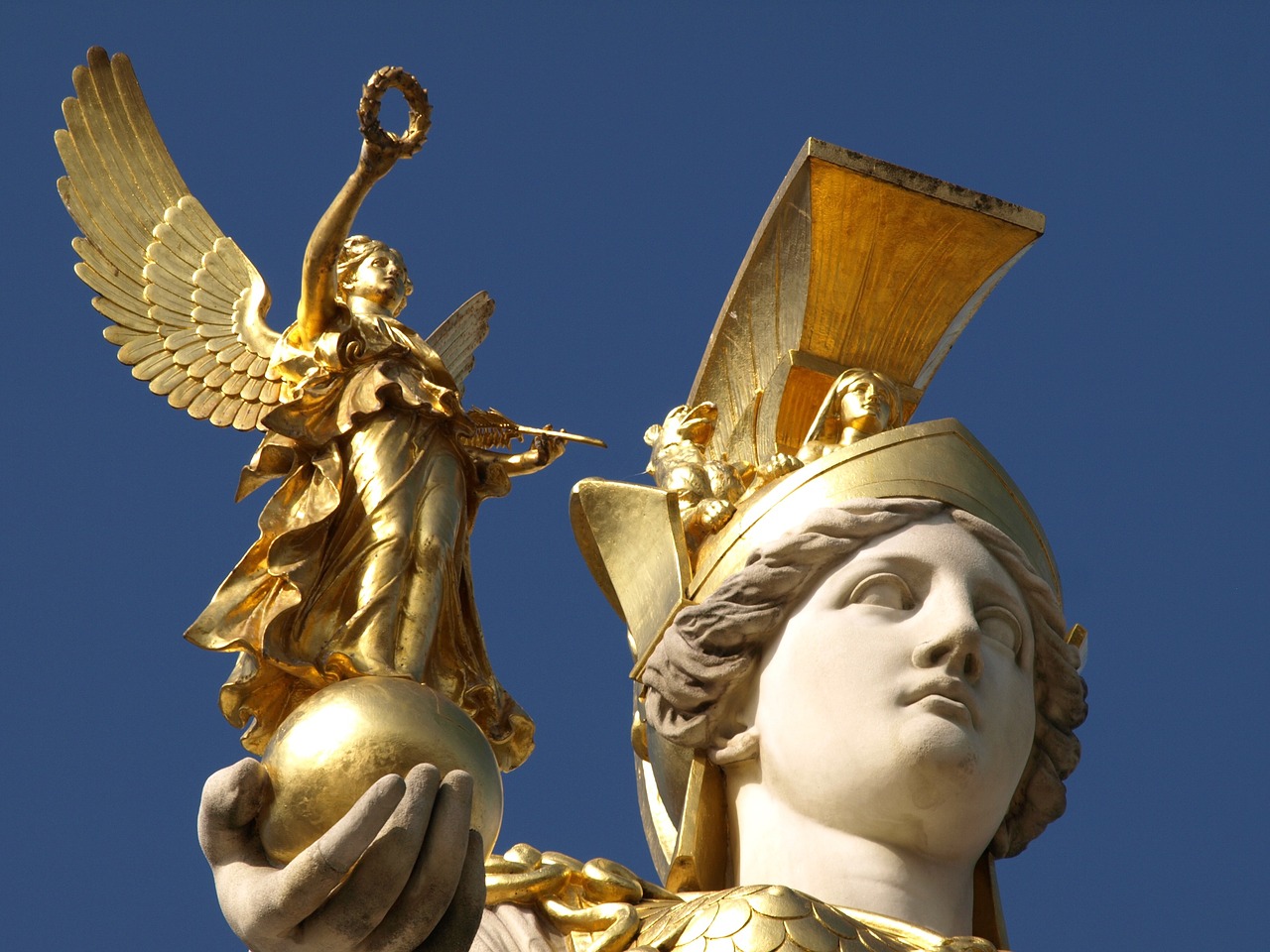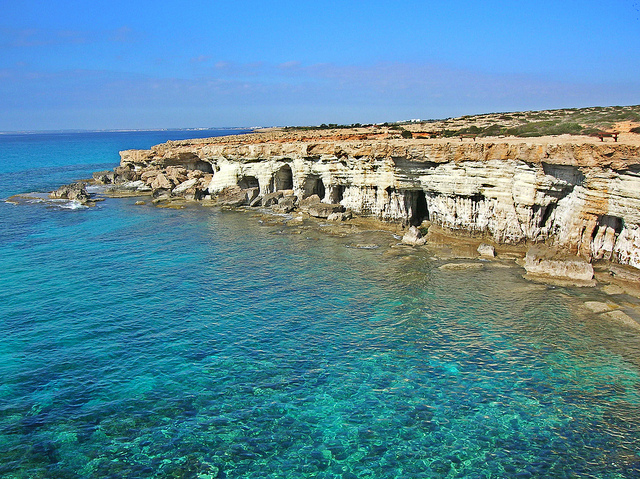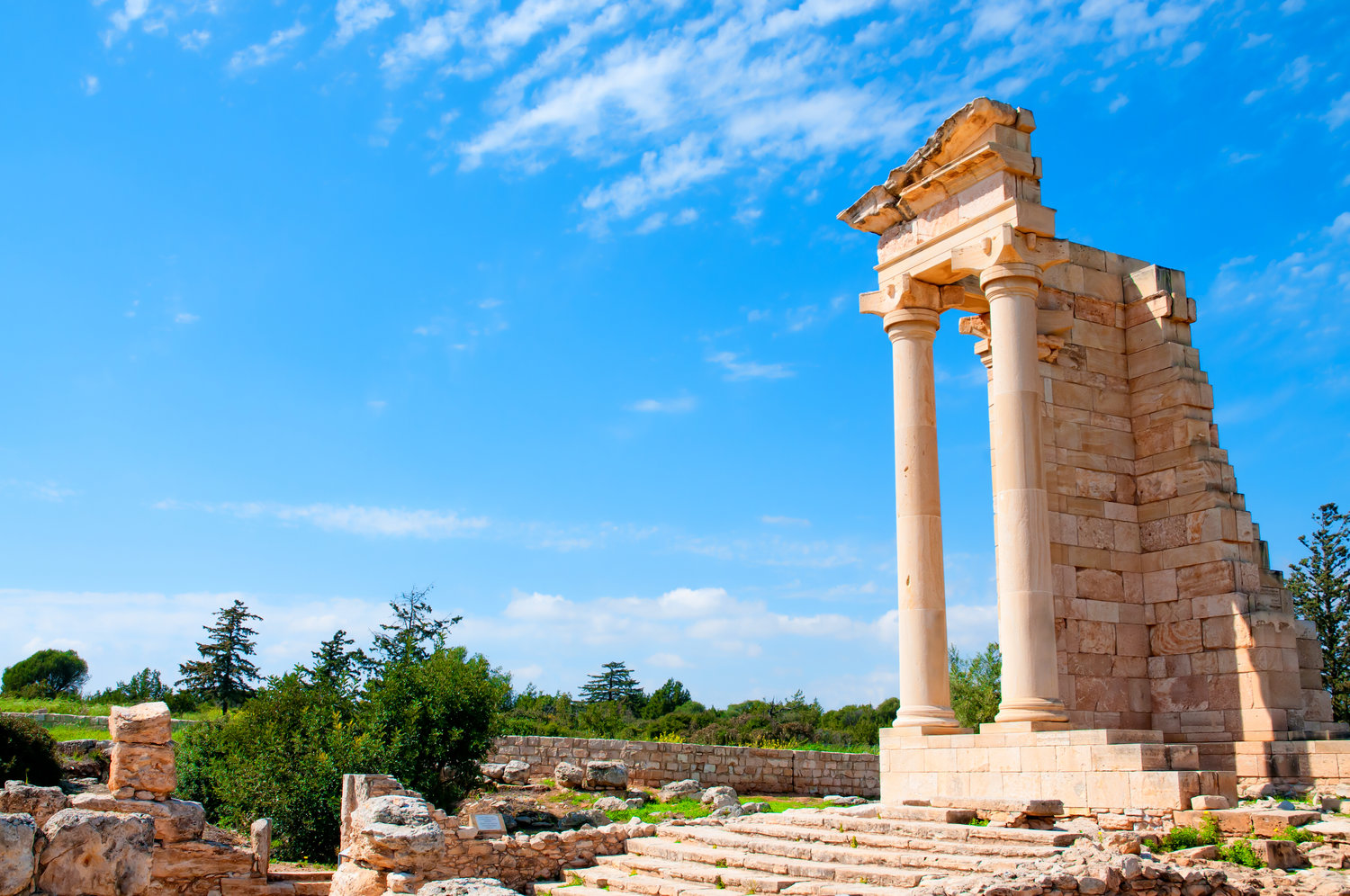
The story begins with the first written sources of Cyprus’s history depicting the rule of the Assyrians, an ancient stela narrating the tale of King Sargon II’s heroic conquest of the small island kingdom and its seven kings in 709 BCE. The Assyrians ruled over what they called the land of la’ for many years, but in 669 BCE, the kingdom wrenched its independence free from the Assyrians.
Freedom, however, was a short-lived spoil. The island barely had tasted a breath of sovereignty before it was seized by Amasis II, Pharaoh of Egypt, in 570 BCE. This rein too was short lived, for the island fell to new hands not fifty years later. The Persian Empire took control of Cyprus in 545 BCE, erecting the great palace on the north shore of the island, near Soli. The Persians ruled with a heavy hand, quelling two uprisings by the island’s inhabitants, but eventually their rule came to an end as well.
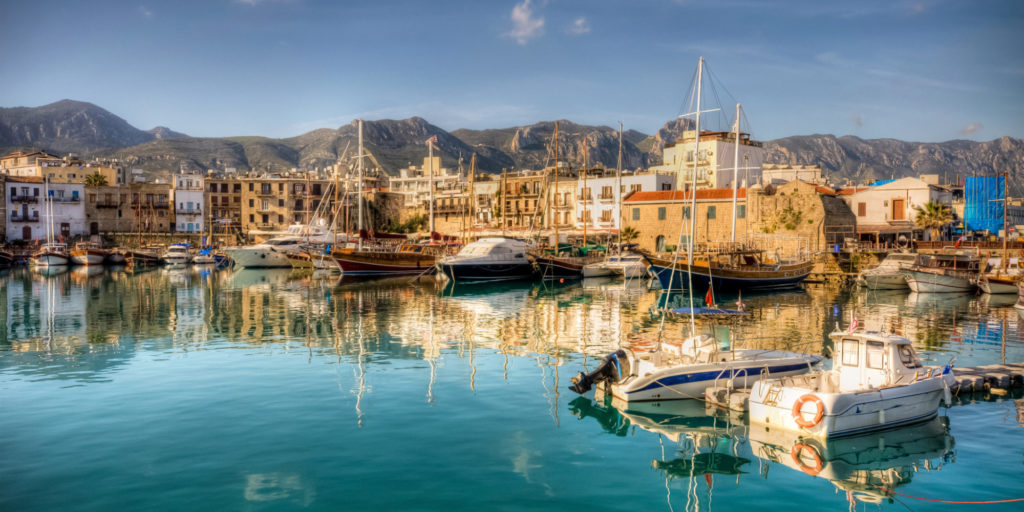
Girne ( Kyrenia ), North Cyprus
